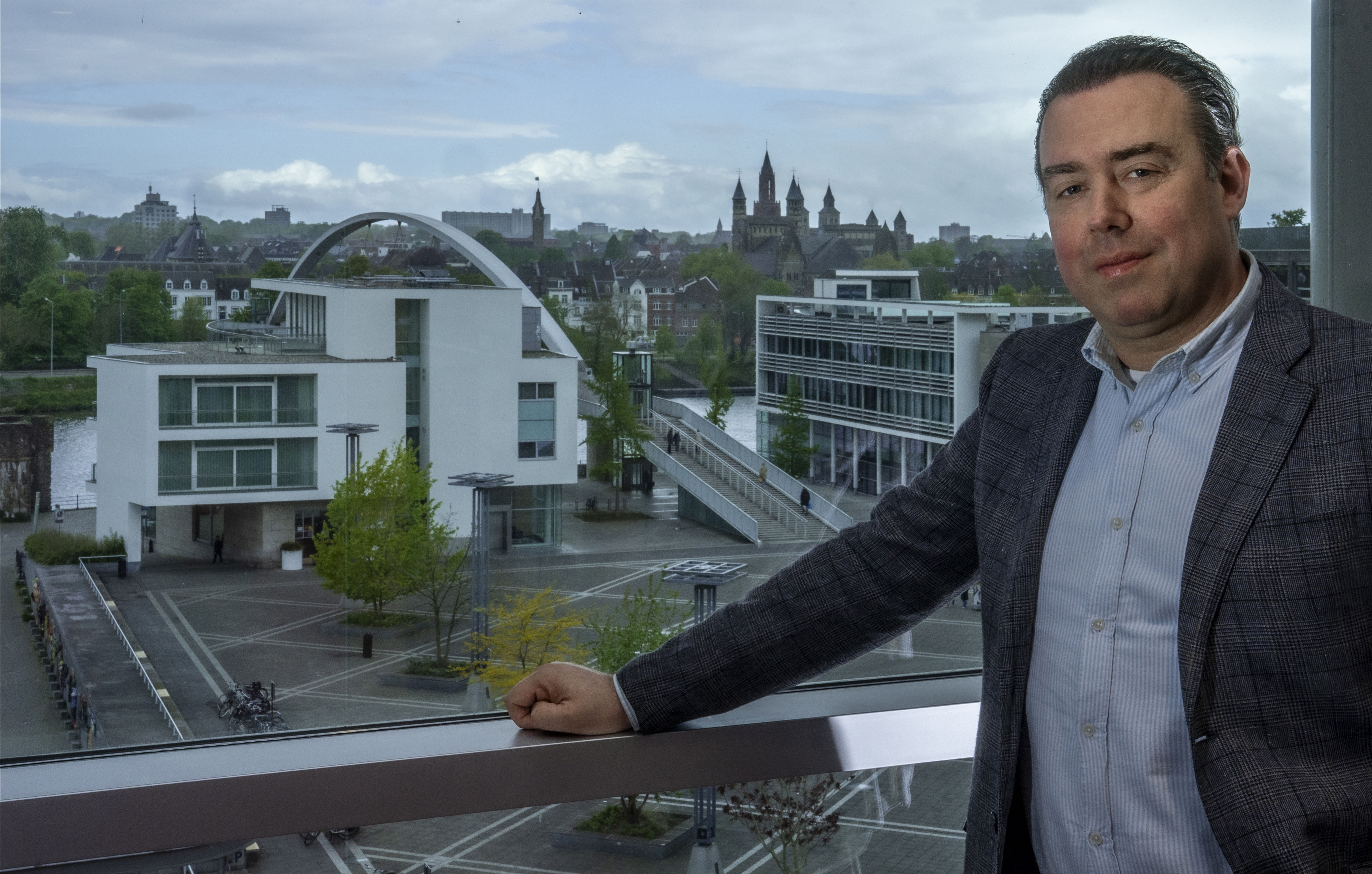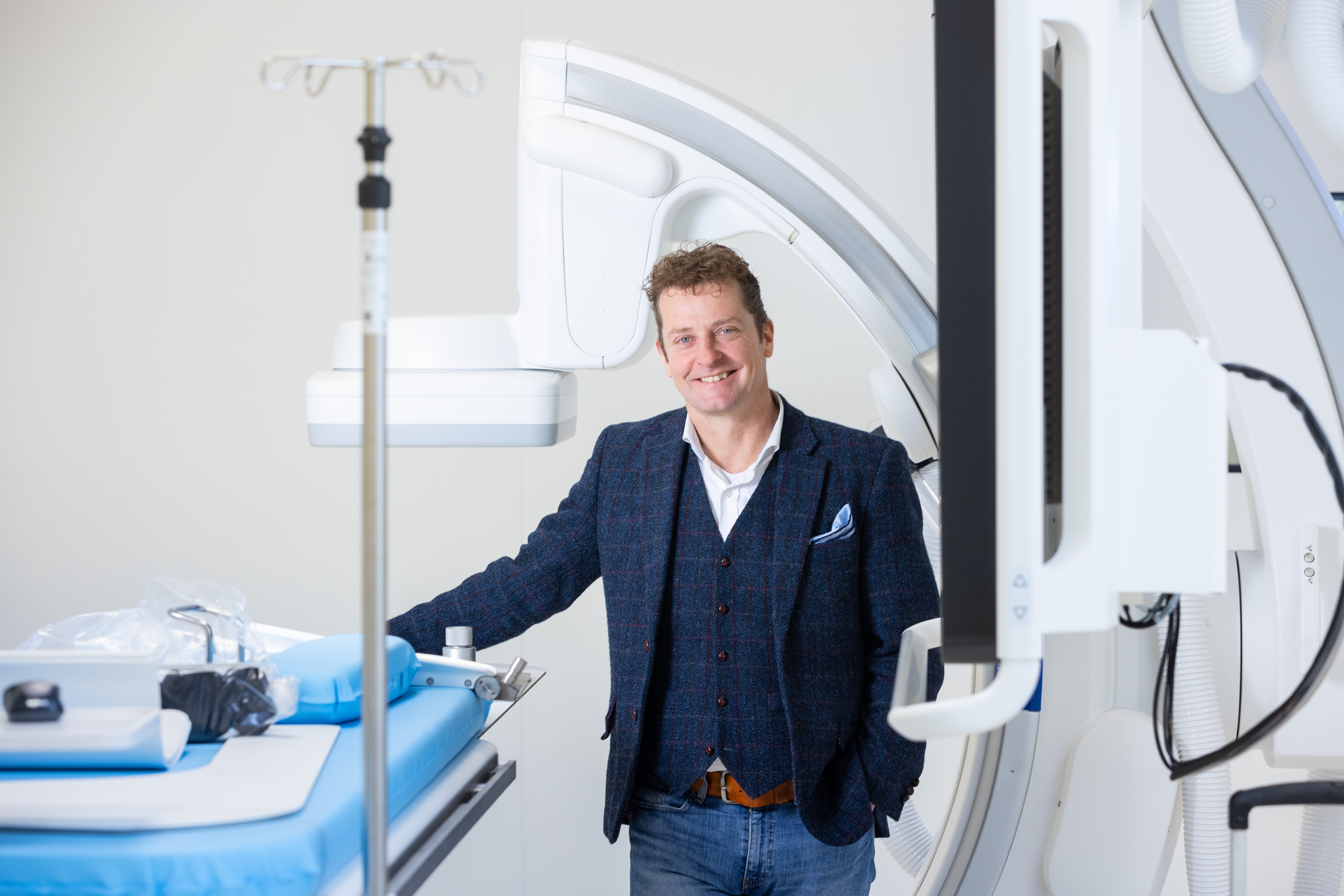Researching the Anthropocene: the age of human impact on earth
At UM different disciplines investigate the human impact on Earth, although these do not always explicitly use the label sustainability. UM researcher Simone Schleper is an environmental historian and science scholar. Her research looks at the history of science-based nature conservation in the period post-WWII, a period of rapid international development and economic growth that we call the age of the Anthropocene. When studying the Anthropocene age researchers are trying to tackle sustainability related problems at its root in history.
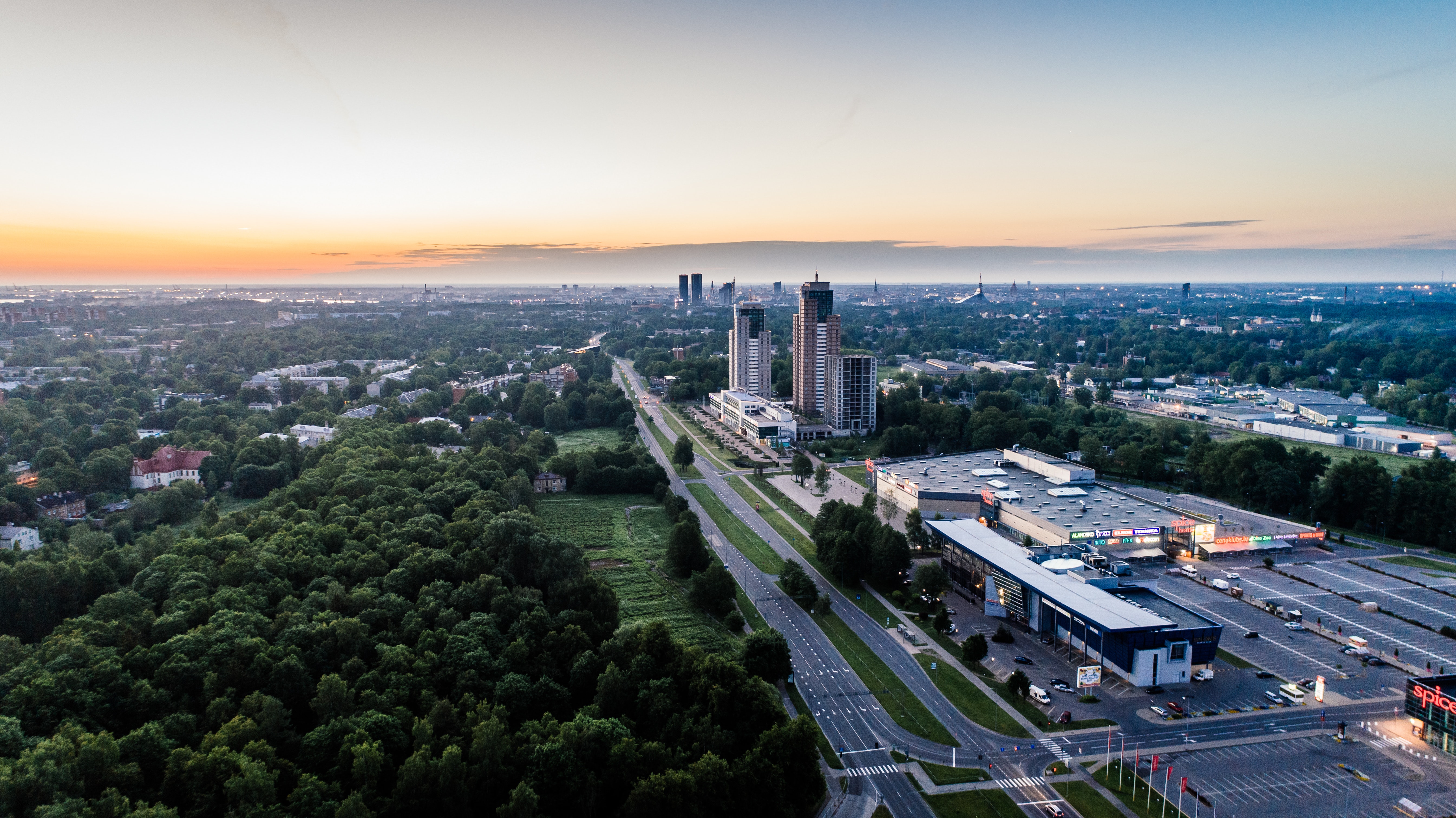
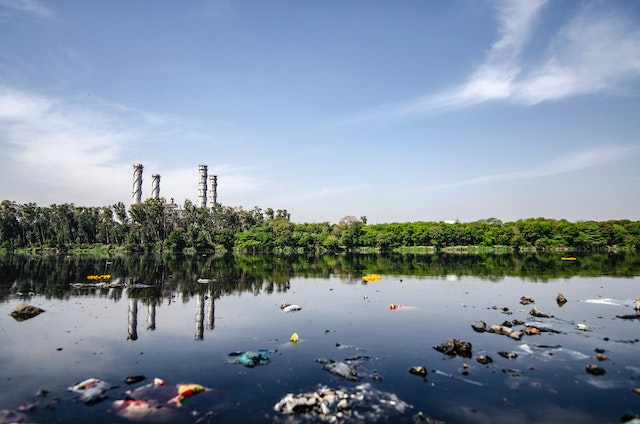
“In the broadest sense, my research concerns the way in which ‘nature’, wildlife, and living natural resources have been and are being valued in a period of rapid economic growth”, says Simone. Her research looks at how the value of presumably more ‘natural’ ecosystems and environments is (scientifically) determined and, in turn, how damage or impact is being assessed. And even more so, to map the controversies between different groups of scientists and policymakers about what to protect and how to measure the impact of development on the environment. “My research thus deals with the inherent and persisting tension between ideas about ecological sustainability and interests in resource development”, says Simone in conclusion.
History of Sustainable Development
For her monograph, Planning for the Planet (Berghahn, 2019), she looked, amongst other things, at the conceptual history of ‘sustainable development’ in the context of the World Conservation Strategy of 1980. This was a joint document by the United Nationals Environmental Program (UNEP), the World Wildlife Fund (WWF, now Worldwide Fund for Nature), and the International Union for the Conservation of Nature and Natural Resources (IUCN). Early negotiations of the document, which is the first official UN document to mention sustainable development, show that from the beginning the concept caused disagreement amongst environmental scientists and policymakers about its global applicability, the need for local adaptions, and the monetisation of natural processes and environmental damage.
From Wildebeests to Storks
“In my recent publications I deal with the negotiation of spatial conflicts between wildlife (esp. migratory species) and human industrial and agricultural expansion, for instance in the case of oil development and migratory caribou in Alaska, or between wildebeests local human communities, and international conservation organisations in the East African Serengeti.” She also wrote a short piece in Dutch on European white stork conservation campaigns in East Africa, development aid and the use of pesticides in international agricultural projects (download article in .pdf here).
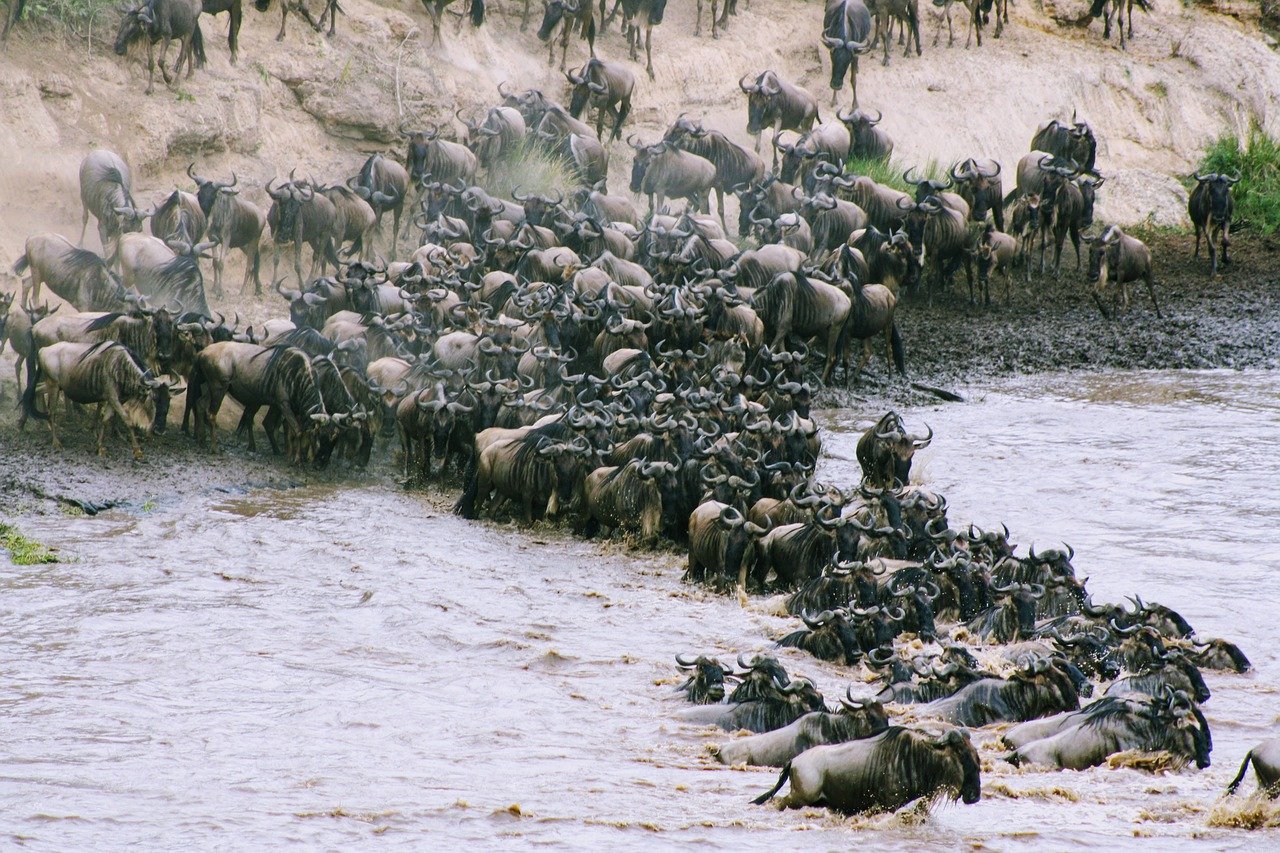
Teaching at UM
At UM Simone coordinates the course 'Environment & Economy I' in the interfaculty bachelor program Global Studies, as well as 'Making Knowledge' and 'Knowledge and Criticism' in the bachelors Digital Society and Arts and Culture at FASoS. She says: “In my teaching, ways of valuing natural environments play an important role too, especially in the course Environment & Economy I. In this course students learn about dominant environmental discourses in international policy making (e.g. sustainable development, market environmentalism, or ecomodernism), as well as the context in which these emerged.” Recently she was involved in a collaborative educational project, funded by the KNAW and the British Academy, that resulted in an interdisciplinary, open-access online teaching resource for undergraduates, dealing with ‘value making’ in the Anthropocene: www.groundingvalue.org.
Going forward by looking back
“Studying the Anthropocene means studying the accelerated impact of humans on the environment that has resulted in global warming, biodiversity loss, and natural disasters. At the same time, it means looking into the ways in which society has tried to manage local and global environmental processes. In this regard, my research looks at how we got to where we are now and what kind of choices we will have to make in the future.”
About Simone Schleper:
- Assistant Professor Global History of Science, Technology and the Environment at FASoS since 15 August 2022, teaching in the bachelor programs Global Studies, Arts and Culture, and Digital Society
- Longer affiliated with UM, most recently postdoc in Raf de Bont’s NWO Vici Project Moving Animals: A History of Science, Media and Policy in the Twentieth Century.
- Previous fellowships at Harvard University’s Department of the History of Science and Leibniz Institute of European History (IEG), Mainz.
- Dissertation defended in early 2017, also at UM. History of science-based nature conversation and environmental expertise in international organisations since the Second World War.
View Simone's full profile on the UM website.
Also read
-
What does it mean to live and work in a city with an international university? When do you notice the university, and how does it benefit you? We asked Maastricht native Stefan Vrancken (50), who works as an associate notary. In his spare time, Vrancken is also an amateur historian and genealogist...
-
Dani Shanley and Joshi Hogenboom on synthetic data, the pains and gains of interdisciplinarity, and why AI likely won’t release us from having to study the world we live in.
-
Lee Bouwman, a vascular surgeon and endowed professor of Clinical Engineering, specialises in the implementation of groundbreaking healthcare technologies. The key to success, he says, lies in the collaboration between engineers and clinicians. This approach has already resulted in a range of...
- in Featured
